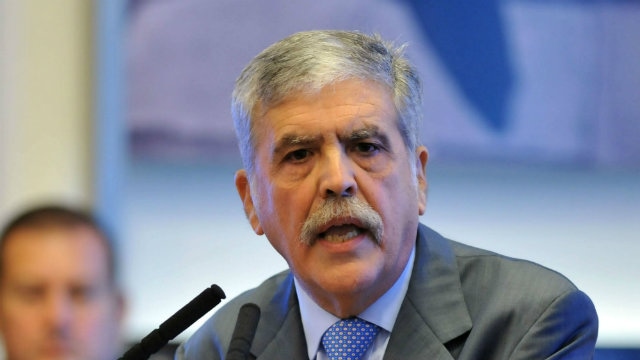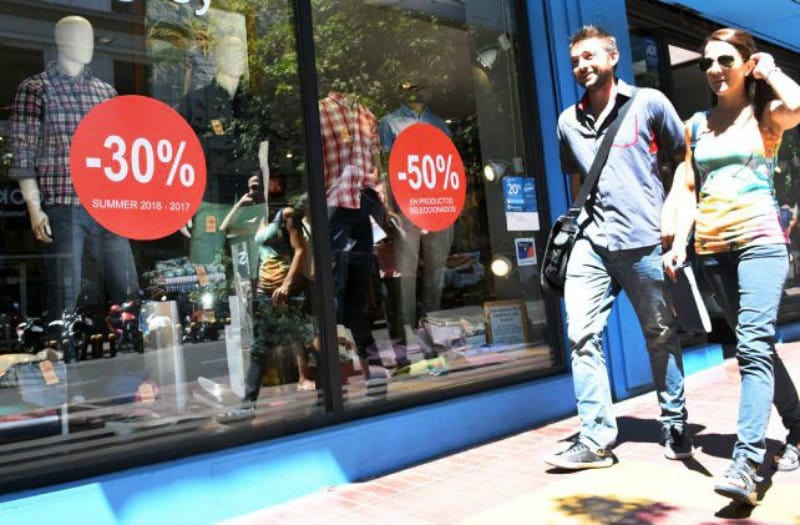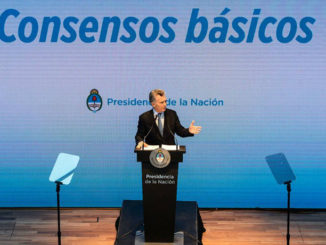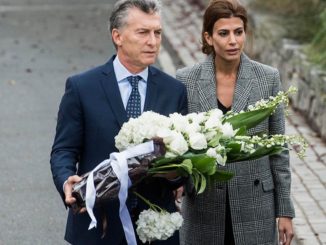
BUENOS AIRES – Julio De Vido, an ex-minister in former Argentine President Cristina Fernandez’s government, was jailed after turning himself into authorities on Wednesday, marking an anti-corruption milestone in a country known for impunity.
Congress voted to strip former planning minister and current lawmaker De Vido of his parliamentary immunity earlier in the day, and he later appeared at a federal judge’s chambers in Buenos Aires where he was taken into custody. He faces charges in two separate corruption cases.
Argentina’s Congress rarely removes lawmakers’ immunity and De Vido is the most powerful official from the 2007-2015 Fernandez Kirchner era to be jailed.
“This is a scandal. In a state of law sentences are applied after a conviction”, De Vido’s lawyer Maximiliano Rusconi told local television. Corruption allegations dogged Fernandez’s government and isolated her politically ahead of a Senate race on Oct. 22.
De Vido is under investigation in a case involving the Patagonian coal mine Rio Turbio. Prosecutors accuse him of embezzling state funds allocated for the mine. He has denied any wrongdoing.
A three-judge panel ordered De Vido’s arrest last week, saying he should be jailed to prevent him fleeing or interfering with the case.
Cristina Fernandez won a Senate seat for the province of Buenos Aires under Argentina’s list system on Sunday, but finished second, lessening her chances of staging a comeback for the presidency in 2019.
De Vido was in charge of running energy infrastructure projects under Nestor Kirchner and later his wife Cristina Fernandez, a populist couple who was succeeded by business-friendly President Mauricio Macri in late 2015.
Cristina Fernandez, the subject of several corruption investigations herself, has acknowledged there was likely corruption during her government but denies personal involvement.–MercoPress



